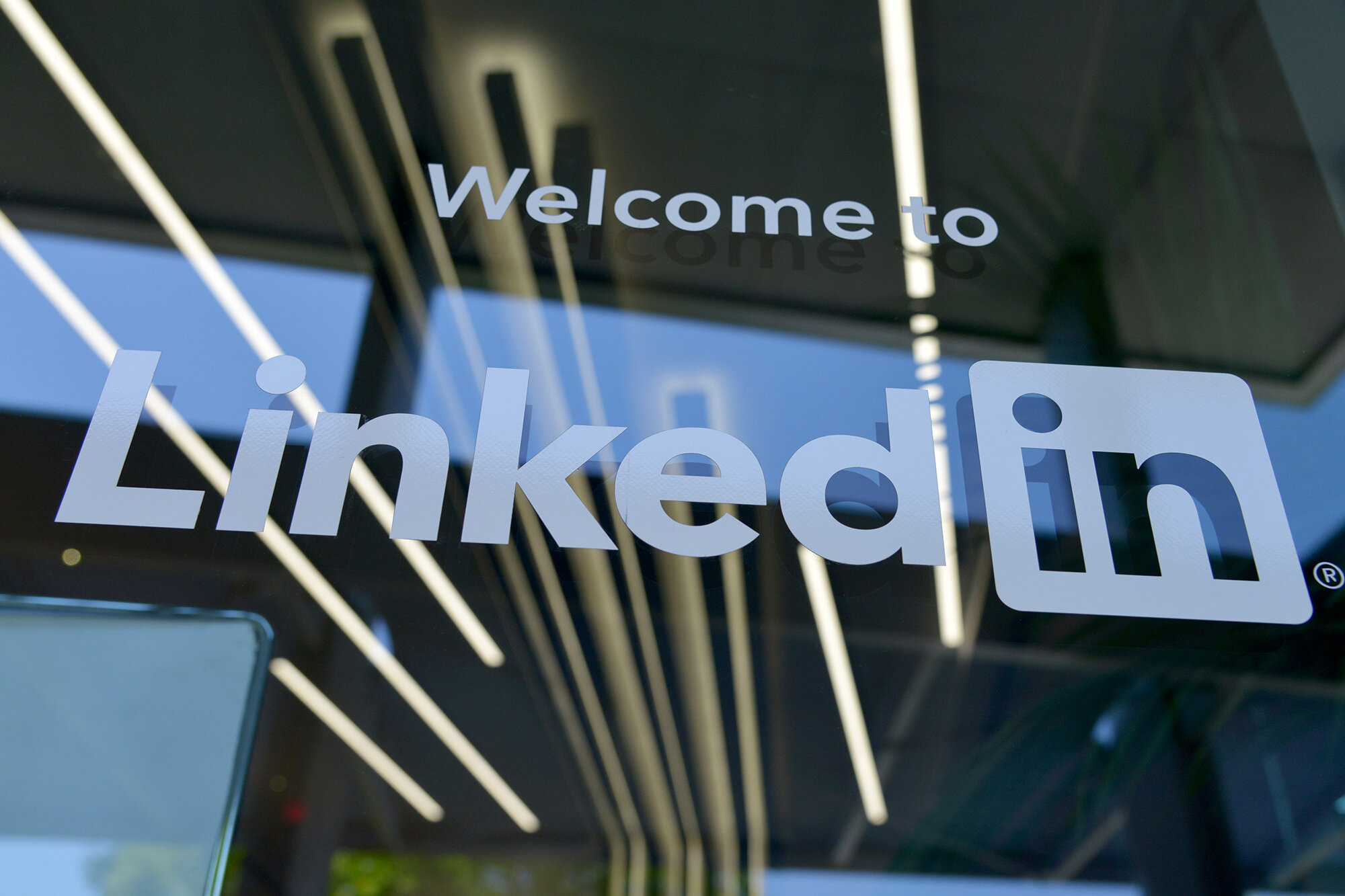As we step into the dawn of a promising new year, we extend warm wishes for a Happy New Year! Join us on this journey as we reflect on the transformative influence of the 5 Most Influential Media Websites, shaping the digital landscape in remarkable ways. These platforms have shaped the way we access and engage with news, entertainment, and other forms of content.
In this article, we will explore the five most influential media websites of all time, their impact on the digital landscape, and the reasons behind their success.
1. CERN: Birthplace of the World Wide Web
In December 1990, Tim Berners-Lee, a British engineer and scientist, launched the world’s first website at CERN (the European Organization for Nuclear Research) in Switzerland. This groundbreaking event marked the birth of the World Wide Web, forever changing the way we share and access information. The CERN website, running on a NeXT computer, may have been simple by today’s standards, but it laid the foundation for the web as we know it.
The CERN website introduced two fundamental concepts that continue to shape the web today: hyperlinks and universal formatting standards. Hyperlinks, or clickable links, allowed users to navigate between different web pages, creating a non-linear experience. This innovation transformed documents and media into interconnected, dynamic entities. Furthermore, the use of universal formatting standards enabled anyone, anywhere in the world, to access and view web content through a browser.
2. Google: The search engine giant
No list of influential media websites would be complete without mentioning Google. Founded in 1998 by Larry Page and Sergey Brin, Google revolutionised the way we search for information online. With its advanced algorithm and user-friendly interface, Google quickly became the go-to search engine for millions of users worldwide.
Google’s influence extends beyond its search engine capabilities. The company has expanded its services to include Gmail, Google Maps, Google Drive, YouTube, and many more. These platforms have become integral parts of our daily lives, providing us with access to a wealth of information, communication tools, and entertainment.
3. Facebook: Connecting the world
In 2004, Mark Zuckerberg launched Facebook from his college dorm room, unaware of the global impact it would have. Facebook revolutionised social networking, allowing people to connect, share, and communicate in ways never seen before. With over 2.8 billion monthly active users as of 2021, Facebook has become a powerhouse in the digital landscape.
Facebook’s influence goes beyond personal connections. It has become a vital platform for news dissemination, with many news organisations relying on Facebook to reach a wider audience. However, it has also faced criticism for its role in spreading misinformation and its impact on privacy. Despite these challenges, Facebook remains one of the most influential media websites of all time.
4. YouTube: Redefining media consumption
YouTube, founded in 2005 by three former PayPal employees, has transformed the way we consume media. With its vast collection of user-generated and professional content, YouTube has democratised the entertainment industry, giving a platform to aspiring creators and allowing them to reach a global audience.
From music videos to tutorials, vlogs to documentaries, YouTube offers a diverse range of content that caters to every interest. It has also become a hub for news and information, with many news organisations and independent journalists utilising the platform to share their stories. YouTube’s influence on media consumption cannot be overstated.
5. Twitter: Realtime news and communication
Twitter, founded in 2006, introduced a new form of communication: microblogging. With its character limit of 280 characters, Twitter revolutionised how news is shared and consumed in real-time. It became a platform for citizen journalism, allowing individuals to report on events as they unfolded.
Twitter’s influence extends beyond news. It has become a cultural phenomenon, shaping conversations, trends, and even political discourse. The platform’s ability to connect people and facilitate instant communication has made it an indispensable tool for journalists, influencers, and everyday users alike.
Conclusion
Influential media websites have played a pivotal role in shaping the digital landscape. From the birth of the World Wide Web at CERN to the global reach of social media platforms like Facebook and Twitter, these websites have transformed the way we access and engage with content.
As the internet continues to evolve, new media websites will emerge, further influencing how we consume news and information. It is essential to recognise the impact of these platforms and understand their role in shaping the future of media.
If you’re looking to create your own influential media website or enhance your online presence, our web design agency can help. We specialise in creating user-friendly, visually appealing websites that drive engagement and conversions. Contact us today to discuss your project and take your online presence to the next level.
Let's make a website!
Book a FREE video call to discuss your business, project strategy, and more!
"*" indicates required fields
More from Metal Potato
Can Apple Vision Pro Revolutionise Computing?
Discover the Apple Vision Pro: a mixed-reality headset set to redefine computing, work, entertainment, and education.
How to Choose the Perfect Typography for Your Website
Master the art of web typography... from font selection to readability, create a visually stunning and user-friendly website.
The Power of WordPress for Small Businesses
Build a strong online presence for your small business with WordPress! It's easy to use, SEO-friendly, and very cost-effective.
Celebrating 40 Years of the Apple Mac
Explore 40 years of Mac evolution! Celebrating Apple's iconic computer and its impact on design, technology, and creativity.
Why LinkedIn Should Be Your Top Priority
Maximise career growth with LinkedIn's powerful benefits! Unlock networking opportunities, connect and build your personal brand.
7 Strategies to Build Customer Loyalty
Elevate your brand with proven strategies for customer loyalty. Personalised programs, consistency, and gratitude that resonate.






